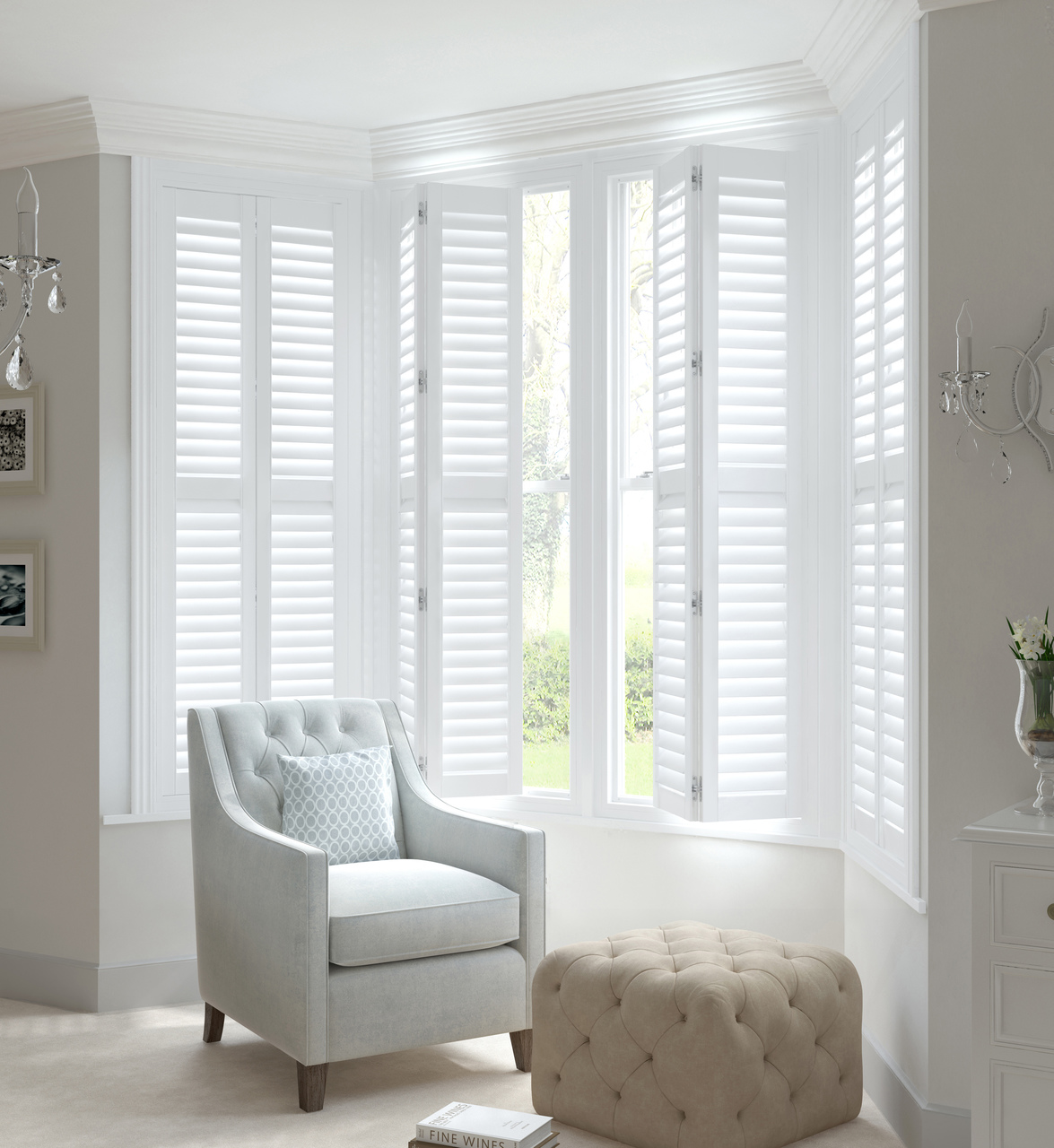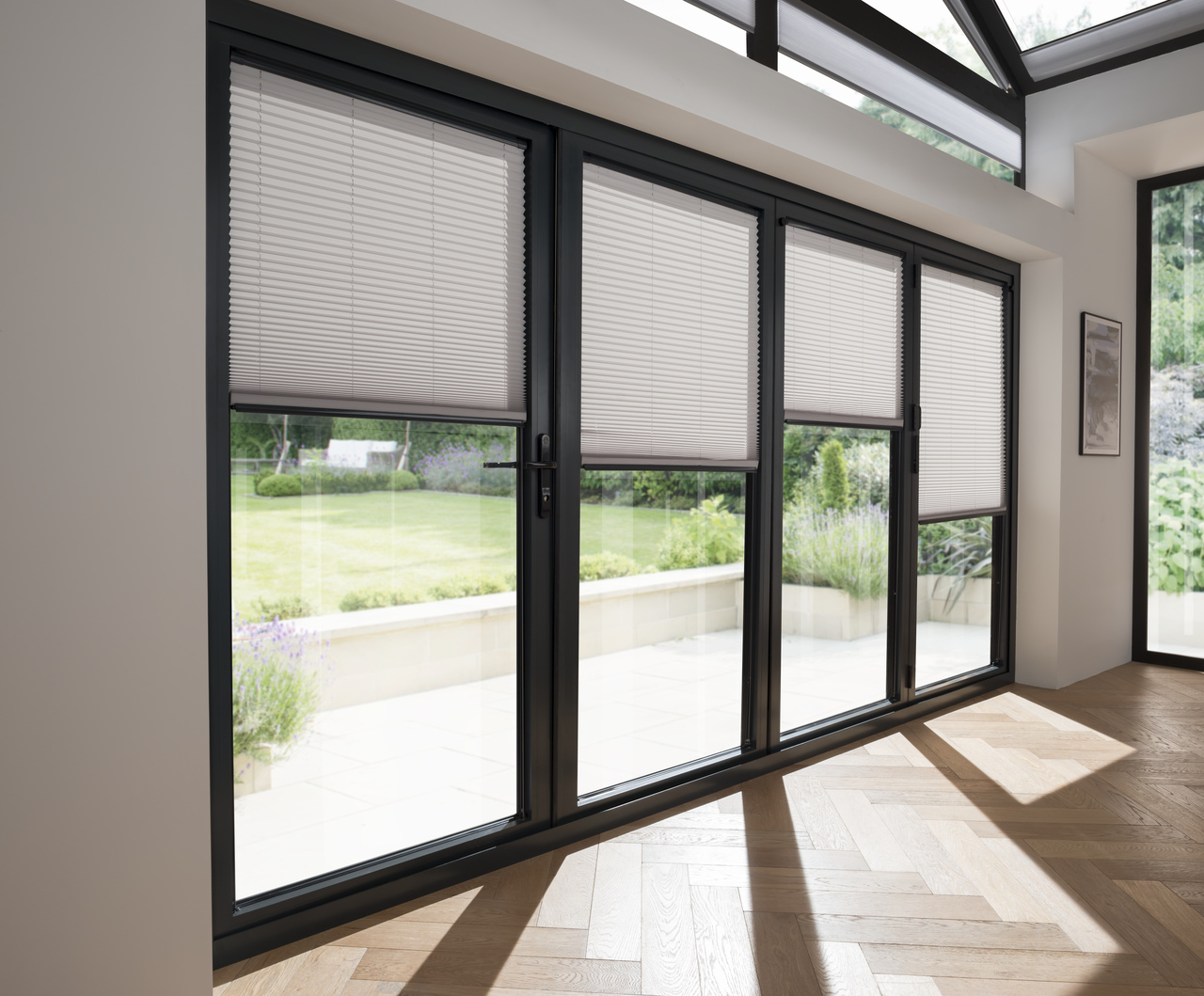- MAIN MENU
- deeper submenu
- Previous header
- MAIN MENU
- Shutters
-
StylesWindow Types
- Blinds
-
Our RangeWindow types
- Conservatory Blinds
-
Type
- Awnings
- Garage Doors
- Inspiration
- About Us
- Contact
Add Another Sample
You have room in your basket for more samples. Click on the '+' to keep exploring.
Keep browsing



